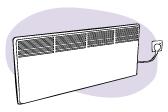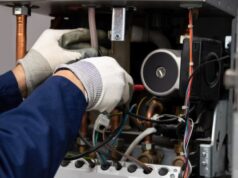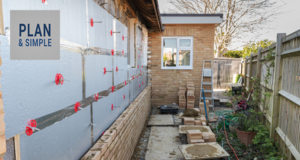
There are a great many different types of heater, all with different merits and shortcomings, and suitable scenarios in which they are the best possible choice.
Different types of heaters are appropriate for very different scenarios, and choosing the right one for your needs will make a big difference to how much it costs you to buy, and to run. Understanding how different sorts of heaters work and the advantages and disadvantages associated with each is a good way to help you decide what’s right for your needs.





